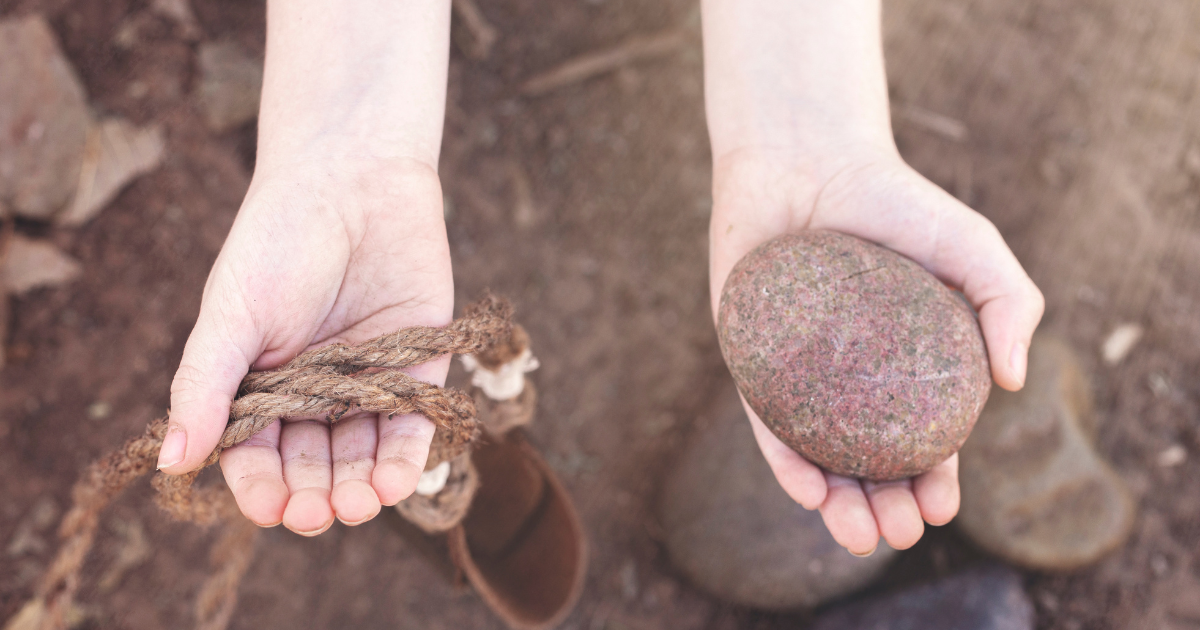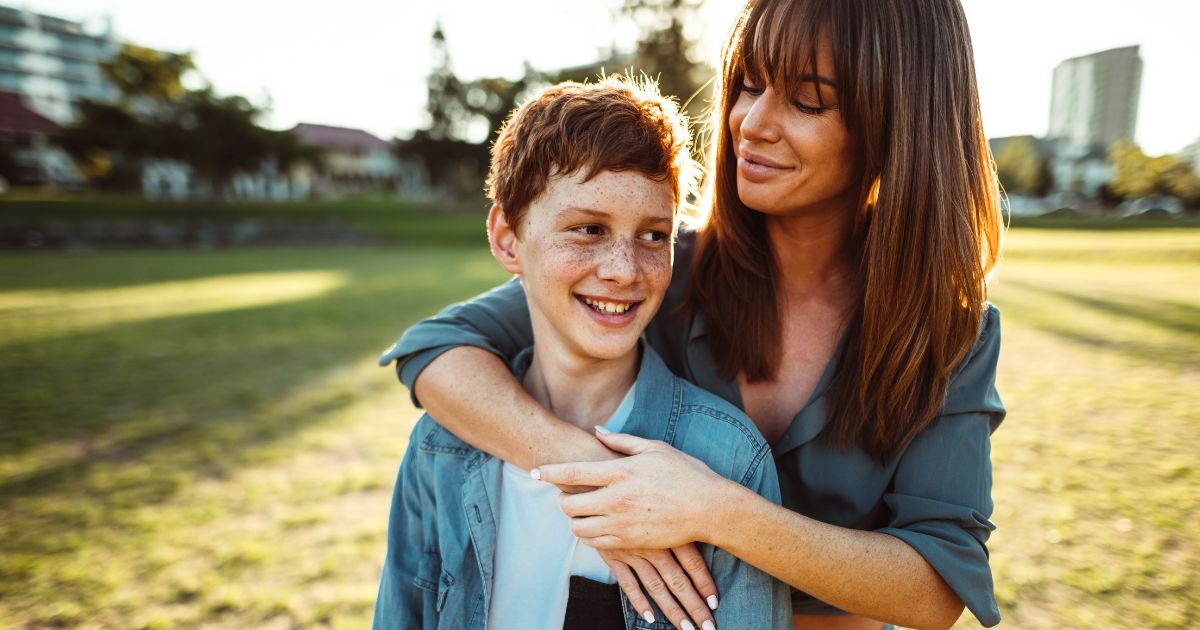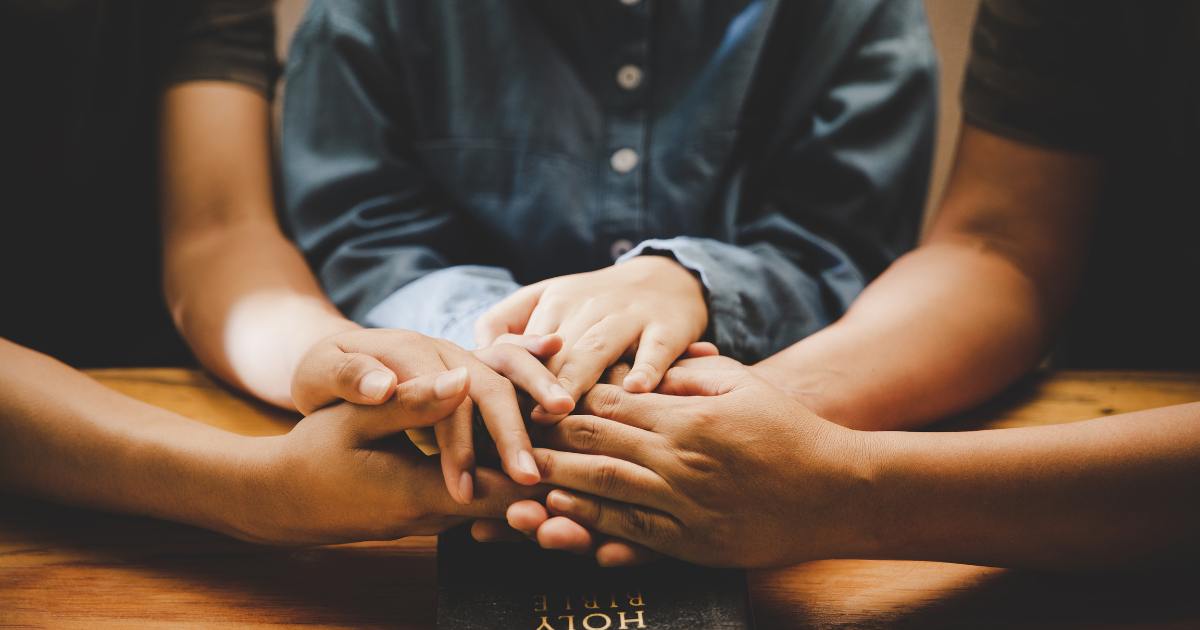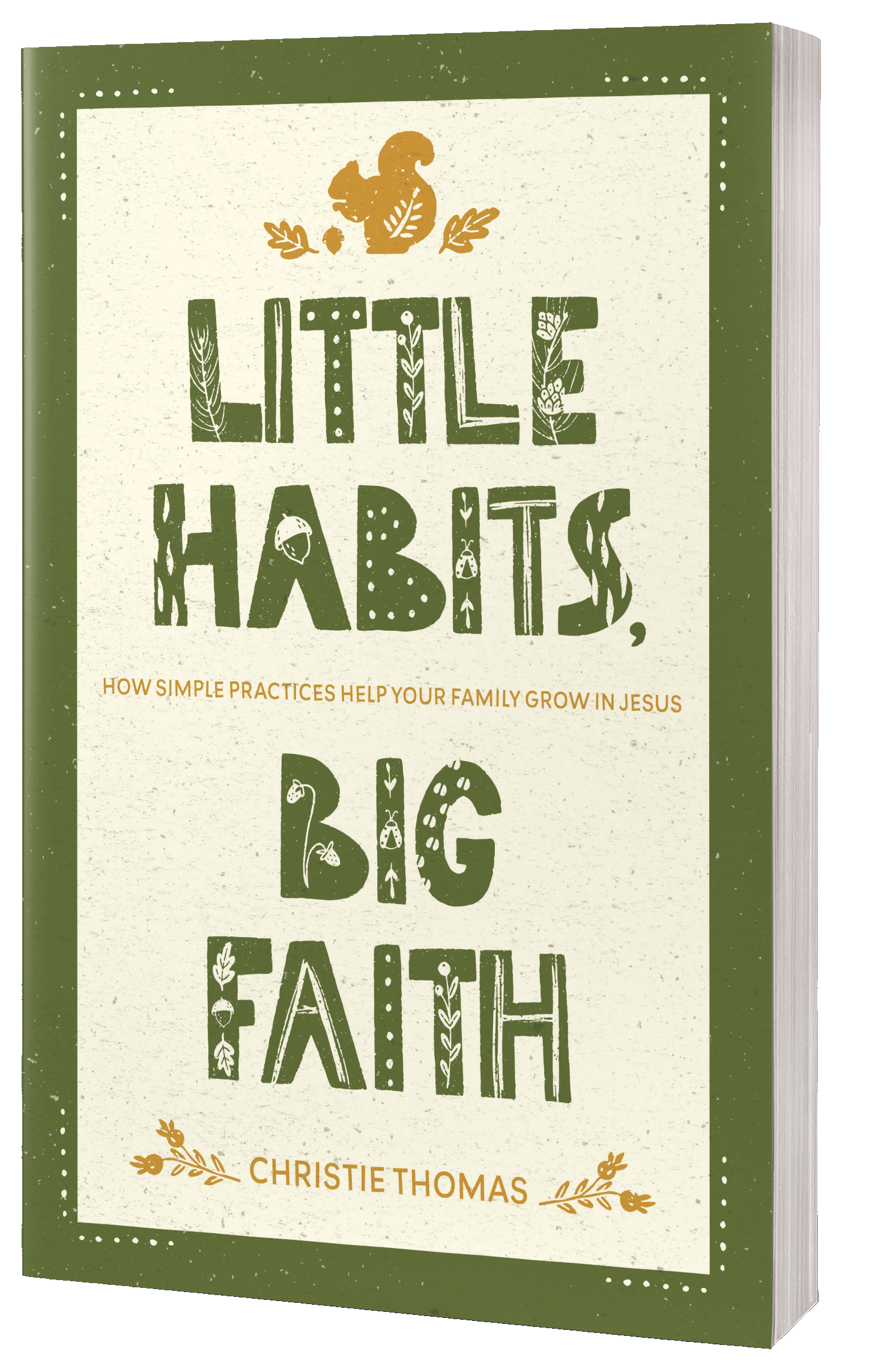Dear friend,
You and I probably have a lot in common. I never had to think much about racism. I grew up on a block that was 99% white. The only kid I remember being slightly different was Aliya, although the most memorable part of her existence on our street was the trampoline we all coveted. There were two girls of Asian descent in my grade, but beyond that, everyone else that I knew was white. Church, school, piano classes…all very monochromatic.
I didn’t intend to live in white suburbia when I grew up, but my husband was offered a job at a local school at a time when no one was hiring, so here we are, back in the same, mostly white community.
It’s easy to be colorblind when there are no other colors around.
If you’re not American (like me), it’s also easy to look at America now and see the pain and suffering caused by systemic racism.
But Christ calls us to make sure that we are not looking past the log in our own eye to call out the speck in someone else’s.
Racism is systemic and endemic in every place humans exist.
Wherever there is The Other, there will be fear and hatred.
We have seen it with the post-Brexit fiasco, we have seen it with the black/white hostilities in the US, we have seen it tear apart generations of Aboriginal families, and we have seen it cause every war on the planet.
This week, an Aboriginal man walked into our church. He had an appointment with the pastor, and asked where he could find the bathroom. I pointed him in the right direction, and found myself with an uncomfortable flicker of fear deep in my gut. I thought to myself, “now where did that come from?” I had no reason to fear this man, except that I grew up hearing that Aboriginal men were not to be trusted.
I had a fear of The Other.
It is fear of The Other that draws people to push for closed immigration policies.
It is fear of The Other that causes race riots.
It is fear of The Other that pulls the trigger of a police officer’s gun.
It is fear of The Other that makes me avert my eyes from an Aboriginal man where I would likely engage a white man in friendly conversation.
But as a white person in a mostly white neighborhood, I wonder what I can possibly do to improve race relations where I live. How can I combat that inner prejudice? Maybe you have some ideas that I haven’t thought of yet, but I think it comes down to swimming upstream.
Simply following along and living my little life would be following the downstream current. It’s easy. It doesn’t call me out of my comfort zone. I am free to look at the little fishes on the other side of the stream having a problem and say “not my problem”.
Only that’s not the life God has called me to live. God didn’t look down at all of us and say “not my problem”…and we are called to be holy as God is holy. To make a difference in the world. To make the change.
He didn’t call me to be comfortable, he called me to be different.
It’s not enough to say “I’m not racist / I’m colorblind / all lives matter”.
It’s not enough to simply look away from the evil in the world.
The only way to stop something that goes as deep as systemic racism is to walk up to it, look it in the eye, and say “I see you” then to uproot it with an act that goes against the grain of our human nature – kindness toward The Other. To use the current lingo, we have to be anti-racist.
[tweetthis twitter_handles=”@wise4salvation”]Swimming upstream, doing the hard thing, means consciously embracing The Other. [/tweetthis]
Swimming upstream in a white suburban world might mean specifically looking for The Other and doing little things that show honor and respect. Frankly, it means I have to try harder to get out of my little school of white fish that I’ve been swimming with all my life. I have to specifically pray for and look for ways to do the opposite of what the world is doing.
To listen.
To love.
To be uncomfortable.
One thing I am doing is listening to more diverse voices. I have been truly enjoying the Truth’s Table podcast recently, which is helping me start to see the world through another set of lenses. These women are smart, funny, and passionate, and I always come away from their podcast challenged. I’ve also followed many more BIPOC on Instagram recently, in an effort to listen better.
You can also read this article for how to start talking to your kids about racism. It also has links to books to read with your kids and some other articles by women of color.
Will you join me in my pursuit to see beyond my white privilege, to put on another set of glasses and see the world through someone else’s eyes?
With love from your neighbor,
Christie
“Ignorant racism is still racism.” – my friend Liz
[x_line]
Some articles I’ve been reading:
Healing race relations in the everyday ordinary
A plea to white people to pay attention to the pain.
The problem with raising our kids to be “colourblind”
Helping our kids understand race





Yes, this kind of thinking has been filling my thoughts lately — and quite a few conversations with my fellow-white-woman-friends. Thank you for adding to the conversation. We need much prayer and wisdom.
Indeed – I think that prayer is going to be key to actual change in our world!